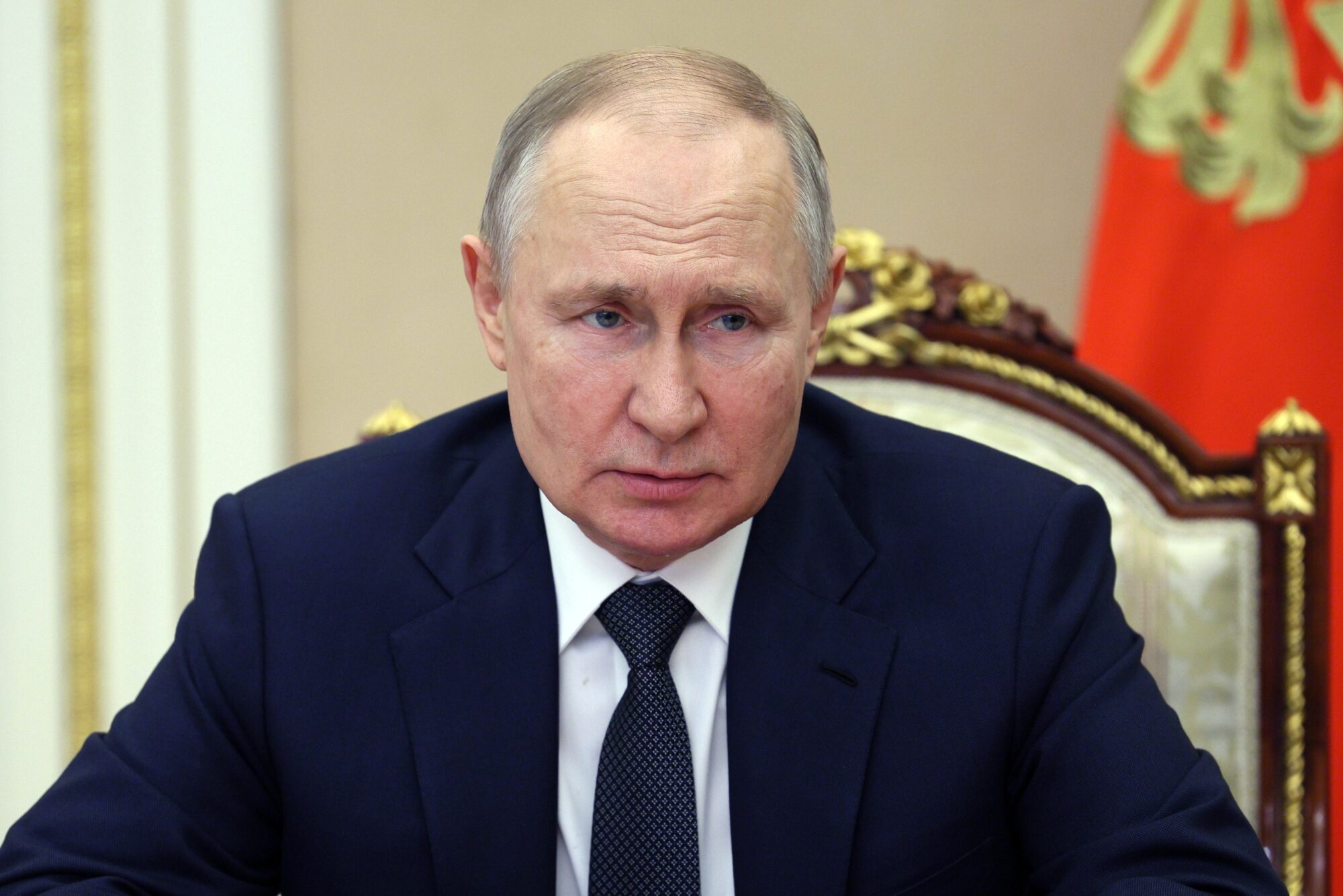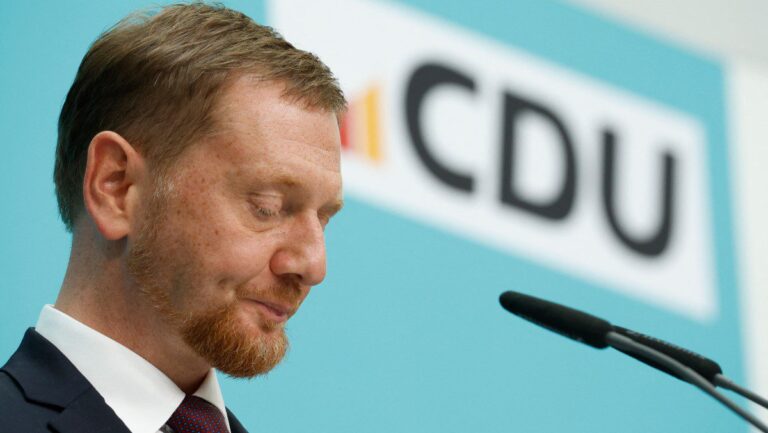For the first time since the mid-1990s, Russia will have some of its tactical nuclear weapons outside its own borders.
On Saturday, March 25th, Russian President Vladimir Putin announced some of these weapons would be placed in neighboring Belarus, a close economic partner and ally. Putin’s announcement was made on the Rossiya-24 TV channel, banned in most of the West following the 2022 Russian invasion of Ukraine.
In contrast to the type developed for annihilating densely populated civilian areas, such as cities, tactical nuclear weapons are used in order to make specific gains on the battlefield. Though it is unknown how many of these Russia possesses, the nation has the largest amount of nuclear warheads in the world at its disposal.
According to Putin, Russia would not violate any international treaties by doing so.
“There is nothing unusual about it: the U.S. has been doing this for decades. They have long been deploying their tactical nuclear weapons on the territory of their allies,” he said. “We [Russia and Belarus] agree to do the same—without violating our obligations, I emphasize, without violating our international obligations on the nonproliferation of nuclear weapons.”
Putin added that Belarusian fighter jets—as stated last year by Belarusian president Alexander Lukashenko—were retrofitted to accommodate this kind of armament. Russia has ten such aircraft already stationed in Belarus, he said.
Starting April 3rd, he continued, Russia will begin training crews in the use of Russia’s “well-known and very effective Iskander system [for the launching of tactical missiles] that can carry nuclear weapons.” Multiple such systems had already been transferred to Belarus, he added.
In addition, on July 1st, Russia will finish the construction of a storage facility for tactical nuclear weapons on Belarusian territory. The Russian leader did not reveal a date for the transfer of these weapons.
Belarus shares a border with three NATO members—Poland, Lithuania, and Latvia.
Heavily sanctioned by the collective West, Belarusian President Alexander Lukashenko’s government greatly relies on Moscow’s military, political, and economic support. Lukashenko is considered a pariah by the West, which does not recognize his re-election as president in 2020.
To pave the way for Russian nukes to be placed on Belarusian soil, the country’s constitution, which previously forbade it, needed amending. Last year’s referendum on its new constitution, which was approved but had been deemed a ‘sham’ by the West, included such a provision.
Following the Soviet Union’s collapse in 1991, the bloc’s nuclear weapons were divided among the four newly-independent states of Russia, Ukraine, Belarus, and Kazakhstan. In May 1992, they agreed all warheads should be transported to Russia, a process which saw completion in 1996.





